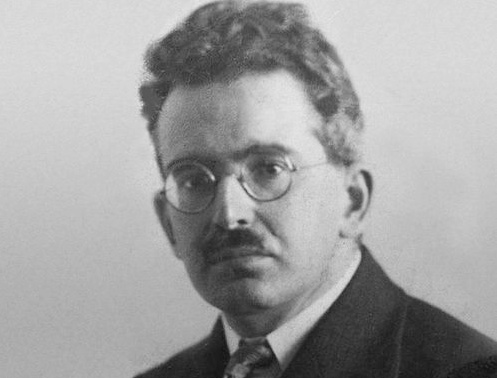A post of ours last week on philosophical films piqued the interest of many a film-loving, philosophically-inclined reader, and raised an important and perhaps unanswerable question: just what is a “philosophical film”? Does such a creature even exist? Reader Albert Hoffman suggested that “a really great movie always is a philosophical movie, always opens the path to important philosophical questions.” I find that statement hard to dispute, but then find myself also agreeing with another reader, Assyouti, who writes “all bad films can be resources for philosophical discussion.” Why not? What a philosophical film is depends, perhaps, on the definition of words like “philosophical,” “film,” and “is.”
In any case, the originally referenced list of 44 “essential movies for the student of philosophy,” compiled in 2010 by Matt Whitlock for Mubi, laid out some fairly specific criteria, namely that such films “(seem to be) incarnations of classic philosophical thought experiments or movies that have a major philosophical problem as a main theme.” Yet, in addition to films that feature philosophers as characters or participants, this seems to me broad enough to cover an enormous range of movies—from Hitchock’s Vertigo, a favorite of “pervert’s guide” theorist Slavoj Žižek (above), and nearly every film critic everywhere, to (speaking of bad films) Bill and Ted’s Excellent Adventure.
As I mentioned in the previous post, the four years since Whitlock’s list have produced a number of movies that deserve inclusion, several of which were highlighted in the comments. Additionally, readers mentioned several overlooked films that certainly meet the bar. And if we are to loosen up our definitions—and why not—the list expands even further. In that spirit of inclusion, we offer an addendum to Whitlock’s 44, below, with the ever-necessary disclaimer that this new list does not in any way exhaust the subject. We do hope, however, to spark further discussion and, more importantly, introduce interesting, thinky movies for readers to discover. So, without further preamble, here are 27 more “essential movies for the student of philosophy,” in no particular order, as suggested by our always astute Open Culture readers:
- Mindwalk (1990)
- Rosencrantz & Guildenstern Are Dead (1990)
- My Dinner With Andre (1981)
- Steppenwolf (1974)
- Wings of Desire (1987)
- Cocteau’s Orphic Trilogy—Blood of a Poet (1930), Orphee (1950), Testament of Orpheus (1959) [yes, this is three films, but we’ll count them as one for the purposes of this list]
- Possible Worlds (2000)
- The Man Who Fell to Earth (1976)
- The Holy Mountain (1973)
- THX 1138 (1970)
- 99 Francs (2007)
- Un Chien Andalou (1929)
- Enter the Void (2009)
- Stalker (1979) — featured earlier today on OC
- Viva La Muerte (1971)
- I Stand Alone (1998)
- Iris (2001)
- World on a Wire (1973)
- Locke (2013)
- The Widow of Saint-Pierre (2000)
- The Trial (1962)
- Life of Brian (1979)
- Being There (1979)
- Bladerunner (1982)
- Outlandish: Strange Foreign Bodies (2009)
- Is the Man Who Is Tall Happy? (2013) — see the trailer above.
- Thirteen Conversations About One Thing (2001)
As you surely know, the list that pleases everyone has yet to be invented, so if you don’t find your suggestions on this one, please don’t take offense. The exercise has been more than worth the price of the ticket for me—I’ve added quite a few titles to my neverending list of films I absolutely must see before that whole bucket thing. No doubt even the hippest among you has found a surprise or two here to add to yours. And if you’re dying to add number 28, 29, 30, etc. then, please, let us know in the comments below. Or, if you want even more suggestions, check out the titles that were mentioned on our Facebook page.
Related Content:
44 Essential Movies for the Student of Philosophy
Watch The Idea, the First Animated Film to Deal with Big, Philosophical Ideas (1932)
Daniel Dennett and Cornel West Decode the Philosophy of The Matrix in 2004 Film
The Drinking Party, 1965 Film Adapts Plato’s Symposium to Modern Times
Josh Jones is a writer and musician based in Durham, NC. Follow him at @jdmagness



